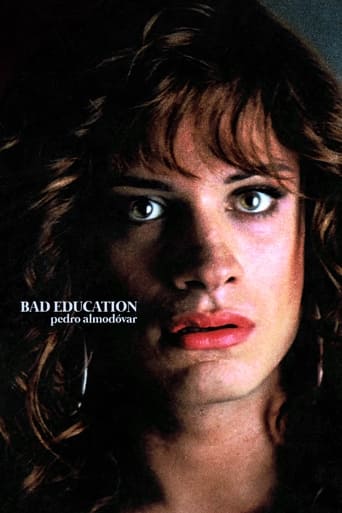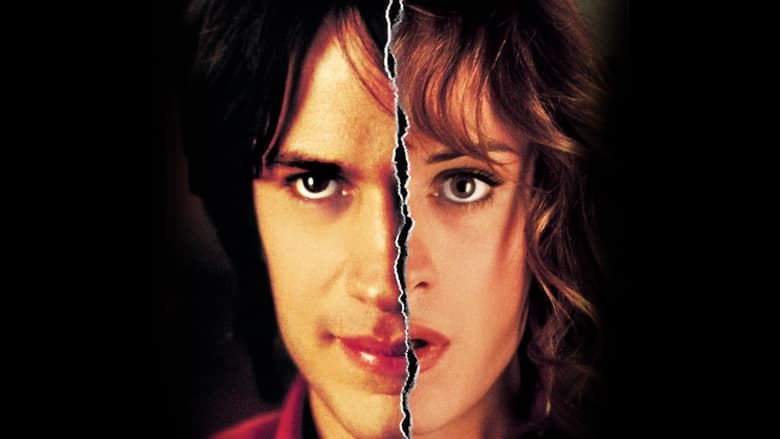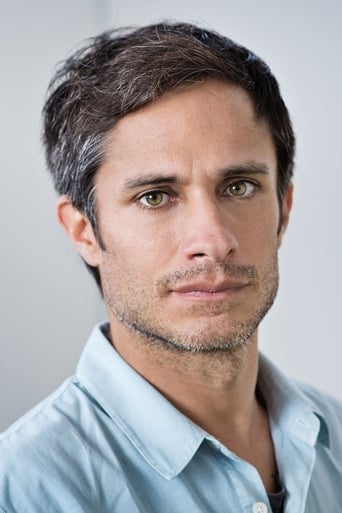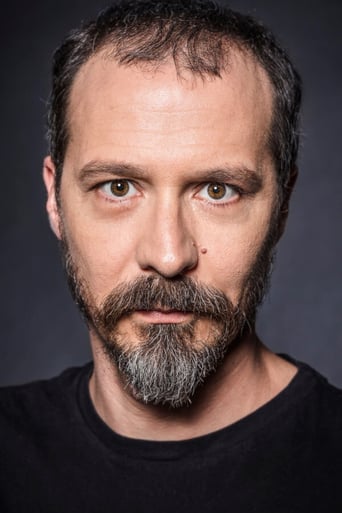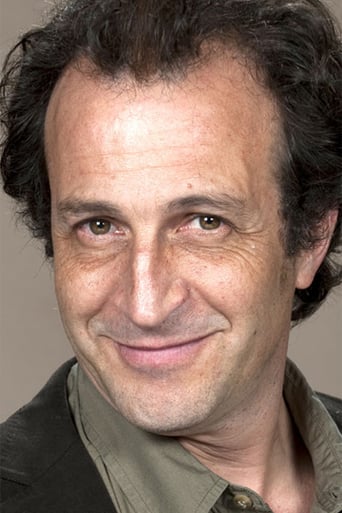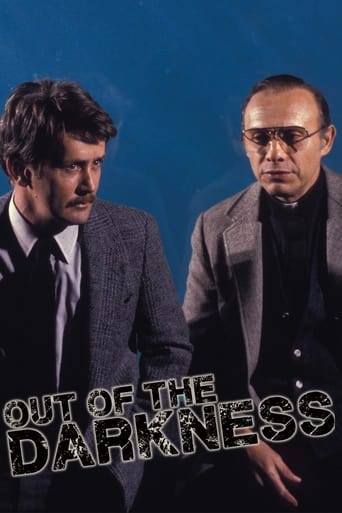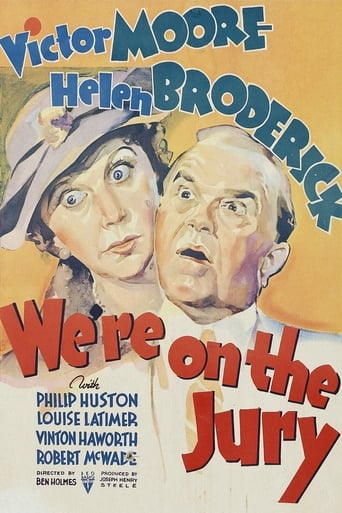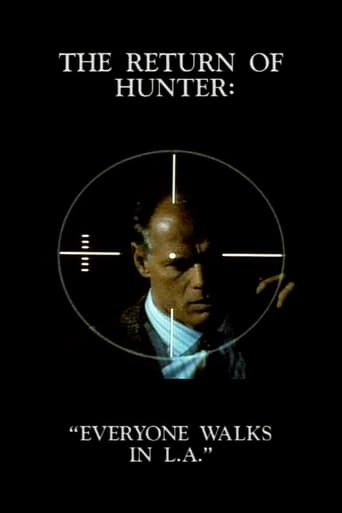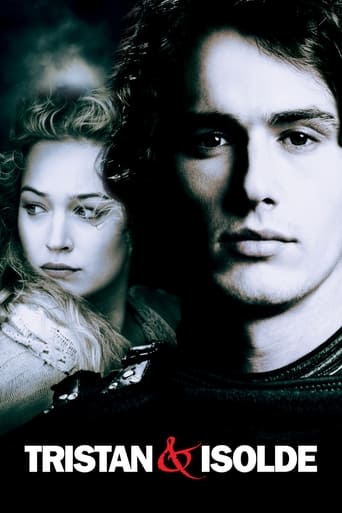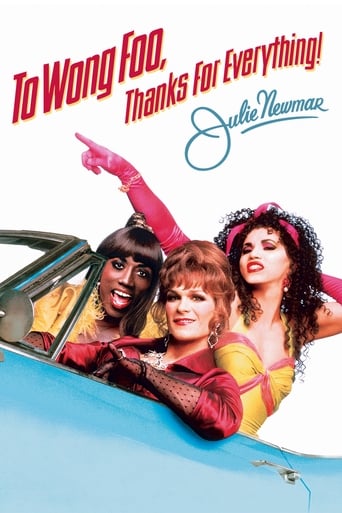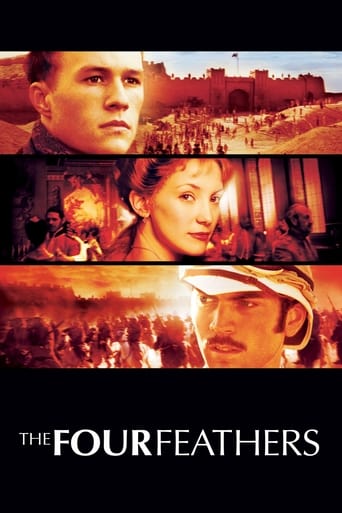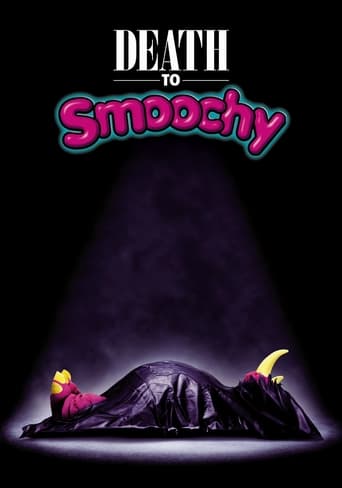Bad Education (2004)
Two children, Ignacio and Enrique, know love, the movies and fear in a religious school at the beginning of the 1960s. Father Manolo, director of the school and its professor of literature, is witness to and part of these discoveries. The three are followed through the next few decades, their reunion marking life and death.
Watch Trailer
Cast
Similar titles
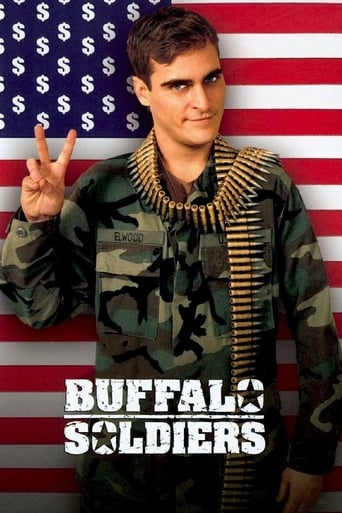
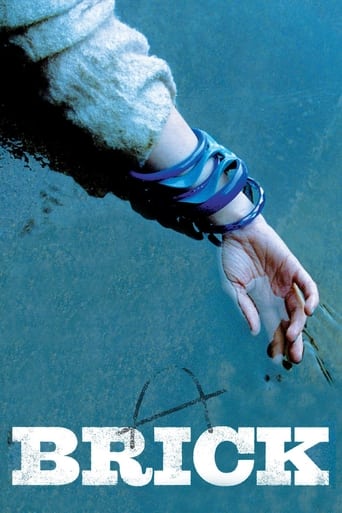
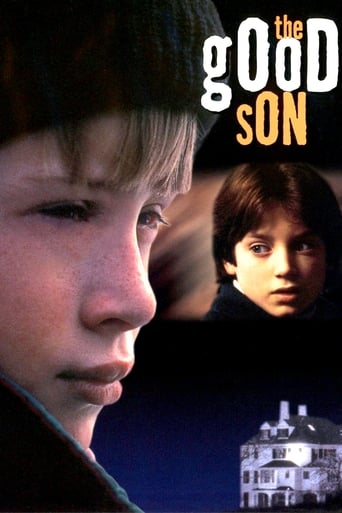
Reviews
It's fun, it's light, [but] it has a hard time when its tries to get heavy.
When a movie has you begging for it to end not even half way through it's pure crap. We've all seen this movie and this characters millions of times, nothing new in it. Don't waste your time.
Fun premise, good actors, bad writing. This film seemed to have potential at the beginning but it quickly devolves into a trite action film. Ultimately it's very boring.
It's simply great fun, a winsome film and an occasionally over-the-top luxury fantasy that never flags.
n 1980 Madrid, young film director Enrique Goded is looking for his next project when he receives the unexpected visit of an actor looking for work. The actor claims to be Enrique's boarding school friend and first love, Ignacio Rodriguez. Ignacio, who is using now the name Ángel Andrade, has brought with him a short story titled "The Visit" hoping that Enrique would be interested in making a film out of it giving him the starring role. Enrique is intrigued since "The Visit" described their time together at the Catholic school and it also includes a fictionalized account of their reunion many years later as adults."The Visit" is set in 1977. It tells the story of a drag artist and transsexual called Zahara, whose birth name is Ignacio. Zahara plans to rob a drunken admirer but discovers that the man is her boyhood lover Enrique. Next she visits her old school and confronts Father Manolo, who abused her when she was a boy. She demands one million pesetas from him in exchange for halting publication of her story "The Visit". The story is set in a Catholic boarding school for boys in 1964. At the school, Ignacio, a young boy with a beautiful singing voice, is the object of lust of Father Manolo, the school principal and literature teacher. Ignacio has found his first love and cinema in the company of Enrique, a classmate. One night, Manolo discovers them together and threatens to expel Enrique. In an attempt to prevent this, Ignacio gives himself to Manolo. The priest molests Ignacio, but expels Enrique nonetheless.Enrique wants to adapt Ignacio's story into a film, but Ángel's condition is that he plays the part of Zahara, the transsexual lead. Enrique remains skeptical, for he feels that the Ignacio whom he loved and the Ignacio of today are totally different people. He drives to Galicia to Ignacio's mother and learns that the real Ignacio has been dead for four years and that the man who came to his office is really Ignacio's younger brother, Juan.Enrique's interest is piqued, and he decides to do the film with Juan in the role of Ignacio to find out what drives Juan. Enrique and Ángel start a relationship, and Enrique revises the script so that it ends with Father Manolo, whom Ignacio was trying to blackmail to get money for sex reassignment surgery, having Ignacio murdered. When the scene is shot, Ángel breaks out in tears unexpectedly.The film set is visited by Manuel Berenguer, who is the real Father Manolo, who has resigned from Church duty. Berenguer confesses to Enrique that the new ending of the film is not far from the truth: the real Ignacio blackmailed Berenguer, who somehow managed to scratch together the money but also took an interest in Ignacio's younger brother, Juan. Juan and Manuel started a relationship and after a while realized they both wanted to see Ignacio dead. Juan scored some very pure heroin, so that his brother would die by overdose after shooting up. After the crime, the relationship disintegrates; Berenguer wants to continue the relationship with Juan, but Juan is uninterested. Berenguer claims that he will never let Juan go, and Juan threatens to kill him if Berenguer continues to pursue him. Berenguer attempts to blackmail Juan for his part in the murder of Ignacio.Enrique is shocked and not at all interested in Juan's weak vindications for what he did to his brother. Finally, before he leaves, Juan gives Enrique a piece of paper: a letter to Enrique that Ignacio was in the middle of typing when he died.In the epilogue, it is mentioned that Enrique releases his film later and achieves great success. Despite the grief and guilt of his brother, Juan also achieves success, but was later relegated to television work. Berenguer dies in a hit-and-run (caused by Juan, who was being blackmailed by Berenguer, and thus fulfilling his promise made earlier in the film).Rated NC-17 For Explicit Gay Content .I will never trust any priest again.
It's 1980 Madrid. Enrique Goded is a film director struggling for inspiration. He is paid a surprise visit by Ignacio Rodriguez (Gael García Bernal). He doesn't really recognize his first love whom he hasn't seen for 16 years. Ignacio wants to be called Ángel. He's a struggling actor looking for work. He also brings a story titled "The Visit". It's semi-autobiographical. Enrique doesn't really care about Ignacio anymore but he starts reading the story. In the story, Ignacio is a drag queen called Zahara who blackmails Father Manolo who abused young Ignacio.Gael García Bernal is magnificent. This is a multi-layered movie. Somewhere after the filming finishes on the screen, it got a bit complicated. This is a challenging movie. The subject matter is all Pedro Almodóvar. The complexity also has another layer that is solely for foreign movies. Reading subtitles can add another layer that Almodóvar may not appreciate.
Despite being thoroughly well acted and cleverly plotted in its latter half, Bad Education seemed to be a self-indulgent tale of homosexual lust and crusade for justice. The melodramatic style of Bad Education's narrative felt on my part excessive.The core of Bad Education is the reunion of school friends Enrique and Angel, who begin work on a screenplay based partly upon their childhood. Delving further into their childhood's and its revealed Angel was manipulated sexually by a Catholic Priest in their school. On the surface it sets the tone for complex drama. Yet going deeper acknowledging the hypocritical persecution for Enrique and Angel's homosexual desires and the Priest's later contextualisation, the critique of this abuse went into an analogy of their stance against homosexuality and its consequences. Although the sincerity of this analogy was effective, if of course I'm correct in my assumption, the downside was Bad Education self-indulgence within the narrative.Enrique and Angel had a previous sexual history which continues, though in such a manner that in certain scenes it felt too personalised on Almodóvar's account. Obliviously it was Almodóvar's right to direct and write Bad Education as he saw fit but in my opinion he offered no lean way for audiences to be part of the underlying effects of Enrique and Angel's relationship without the flamboyant qualities even with the surprising plot twist.
I had high hopes going into my viewing of La mala educación . Pedro Almodóvar has an outstanding reputation in the international film world and previous works such as Talk to Her are held in very high regard by almost all who have viewed them. However, within this haunting tale of the lingering effects of a pederastic priest, it feels that the film struggles for a true identity. It seems as if it is trying to play as many roles as its star Gael García Bernal who is seen as three different characters (Ángel / Juan / Zahara). The ultimate weakness of this film is having a director that fails to provide a story that is truly captivating. Gael, is most assuredly the best element of the film, and his combination of talent as well as the steady hand of Pedro, help to portray a character who is truly a warped individual with a desire for personal gain that trumps the ultimate well being over others, even if it means dishonoring his deceased brother and exploiting his name. Even though Almodovar normally invests more in creative cinematography, it seems as if this film was shot in manner the belied the much more simple nature of the story presented to the audience. Many of the shots were nothing more than a simple pan and shoot style that I would have expected from a much more experienced director. While I would not dissuade anyone from watching this film, nor could I in good conscious recommend it.
